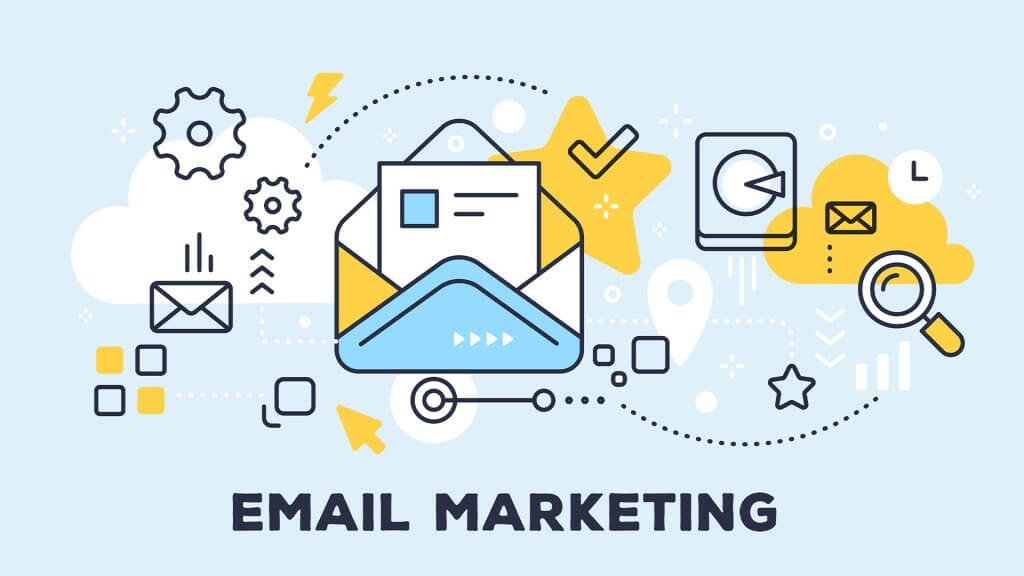A sufficiently serious injury can seriously impede a person’s ability to work. This applies especially if the job is a physically demanding one, or if the injury in question was sustained while on the job. As well the physical difficulty, however, it’s important to also consider the mental aspect of a long-term injury. Here, let’s take a look at a few strategies for easing the transition.
Managing expectation
According to research from the National Accident Helpline, conducted as part of the Make it Right campaign, most injury sufferers tend to underestimate how long it will take to get back to normality. For 60%, recovery had taken more time than expected.
Offer Financial Support
Paying an employee to not work might seem like a risky proposition, but in many cases it can provide the financial security required in the situation, and reduce the risk that the employee will try to rush back prematurely. It might be that the injury entitles the employee to financial compensation, claims for which can be pursued through the courts.
Offering Mental Health Support
The same research outlines a number of mental health problems associated with long-term injury. Seven out of ten people polled said that their accident had caused them a mental health issue. Stress and anxiety were the most common complaints, at around 35% each, with nightmares and panic attacks being rarer, at just 13%.
Clearly, every employee will have different needs, and thus it’s important that employers offer a level of support that’s appropriate to each. In cases where stress is a problem, easing the workload might be beneficial. In cases where the employee is looking to make a return as quickly as possible, the opposite might be true.
Making Adjustments to the Workplace
If a worker is reliant on mobility aids like crutches and wheelchairs, then it’s important that the workplace is able to accommodate those devices. The narrow corridors and steep staircases in some older buildings might not be a good match.
If it’s possible, then you might elect to allow an injured worker to work from home while their recovery is ongoing. This has several advantages. First, it’ll allow the worker to gradually ease themselves back into working practices. Second, it’ll allow them to stay abreast of all the developments in the workplace. Third, it’ll provide them with a sense of social belonging, which can be important in staving off many of the mental health issues that we’ve already touched upon.
Perform a Work Capability Assessment
Having an employee return to work before they’re ready can create setbacks that will ultimately delay their progress, and create complicated feelings of resentment and ill-will. Conduct a work capability assessment. If you find that there are still areas of weakness to progress, then make sure that you put in place a system for the employee to monitor their progress and try again.








